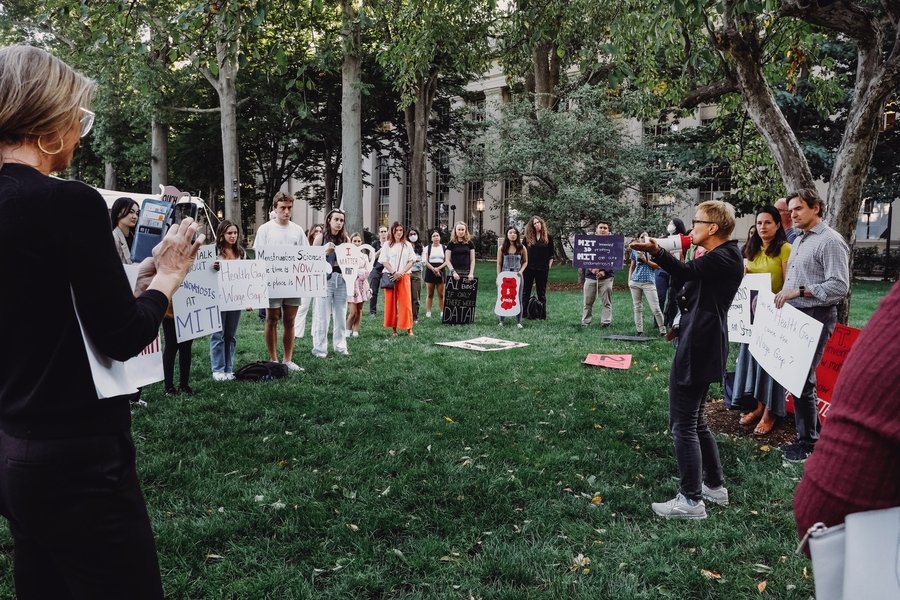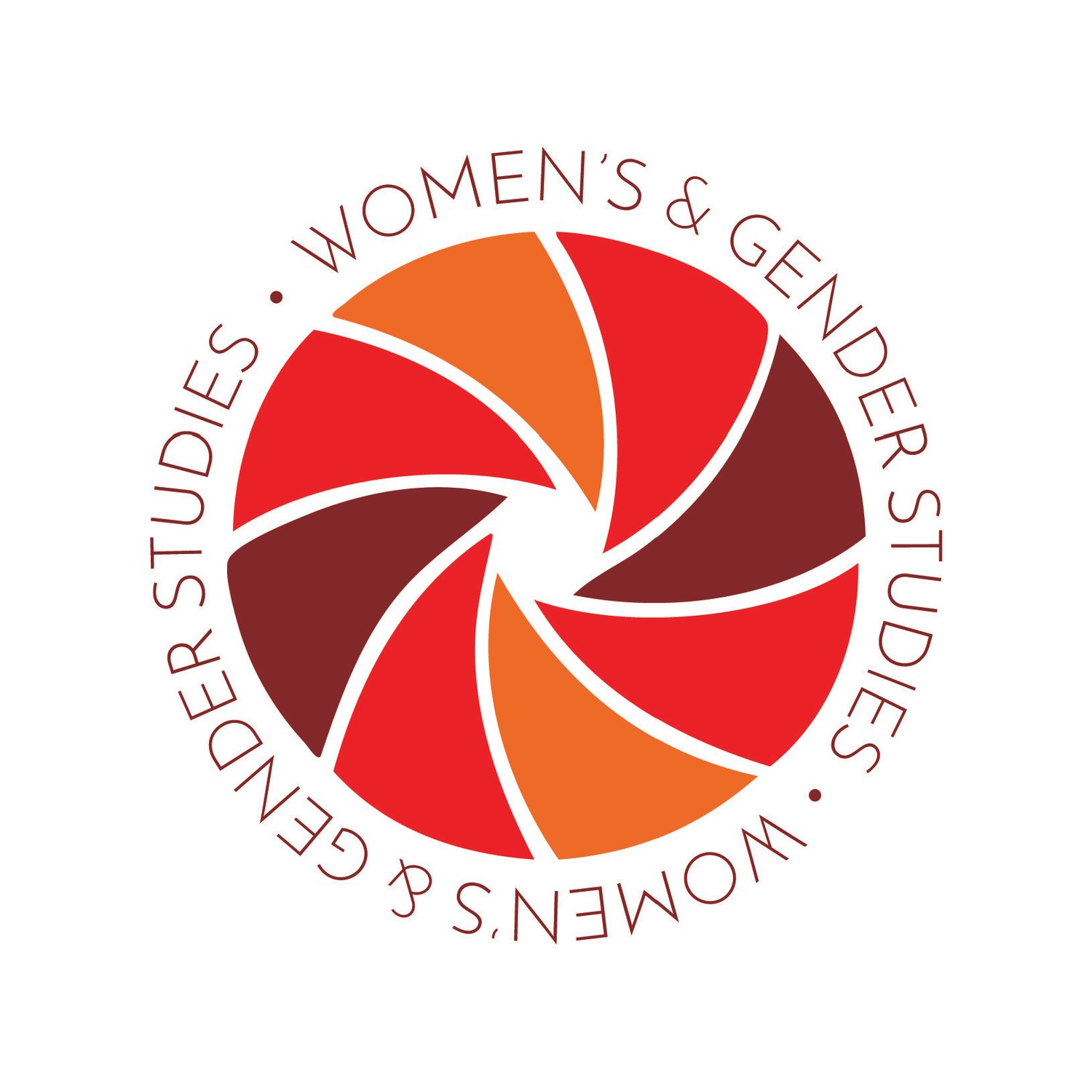
WGS Values Statement
Adherence to the MIT strategic action plan for Belonging, Achievement, and Composition is fundamental to the WGS mission. Through teaching, research, and programming, we provide a structural framework that is specifically focused on examining and analyzing the intersections of gender, race, ethnicity, class, and sexuality. WGS values our students, faculty, and staff members and their range of backgrounds, experiences, and perspectives. We seek to embody the belief that not only should we impart critical academic tools, but that we should also serve students by providing community, resources, and emotional support.
In concert with MIT-wide efforts to build a more welcoming, inclusive community at MIT, we emphatically affirm that while the quality of our students’ work is important, their mental and physical health is also important. The mental and physical well-being of our students is essential to their well-rounded and holistic education. Recognizing this, we affirm that we value one another first and foremost as human beings, with all of our distinctive differences. And we believe that consistent with our strengths and abilities, we should help each other sustain the physical and emotional well-being that is vital to our success in learning, inventing, solving problems, thinking boldly, discovering new truths, growing as individuals, mentoring others, and collaborating effectively as team members. The scope of MIT’s mission – bringing knowledge to bear on the world’s great challenges – compels us to seek, welcome, and join forces with talented people from everywhere, to create a stronger MIT. In pursuit of that mission, we also strive to create a community with equal access and opportunity, where we take care to treat one another with fairness, openness, respect, and kindness.
We pledge to continue working with the Office of Minority Education, the Institute Community & Equity Office (ICEO), the Office of Multicultural Programs, and student groups. WGS is a program, rather than a department, it supports the equal opportunity in faculty hiring and the recruitment, acceptance, and support of graduate students from a range of backgrounds and experiences.
For more on well-being, diversity, and inclusion at MIT see the MIT Black Student Union’s Recommendations and the home page of the ICEO.
Land Acknowledgement
MIT acknowledges Indigenous Peoples as the traditional stewards of the land, and the enduring relationship that exists between them and their traditional territories. The land on which we sit is the traditional unceded territory of the Wampanoag Nation. We acknowledge the painful history of genocide and forced occupation of their territory, and we honor and respect the many diverse indigenous people connected to this land on which we gather from time immemorial.
The MIT Indigenous Peoples Advocacy Committee (IPAC) in part with MIT's American Indian Science and Engineering Society (AISES), Native American Student Association (NASA) and other Indigenous MIT students/alumni have developed this land acknowledgment statement.
We invite you to use this statement when opening MIT community events or in literature/publications. For more information on this acknowledgment and its creation, please contact aises-request@mit.edu or nasa-exec@mit.edu
WGS Director’s Statement on the Reversal of Roe vs. Wade
As of June 24, 2022, the US Constitution no longer protects the right to abortion. The highest court has overturned Roe v. Wade (1973), repealing a hard-fought fundamental right for a person to choose to terminate their own unwanted pregnancy.
The Dobbs decision runs contrary to the most basic feminist demands: to be treated as full and complete humans, capable of reasoning, of making decisions for themselves and their communities, and not to be considered minors, but rather adults. The Supreme Court’s ruling pushes the rights of women (and all people who have the capacity to become pregnant) backward, not just half a century, but at a minimum, two centuries.
We in the MIT Women’s & Gender Studies Program are appalled by this decision and protest it. It is a misogynist attack on human rights - perpetrated by both men and women– that will harm pregnant people, their families, and the whole nation. The Court has dismissed the fact that abortion is healthcare. As a consequence, poor and marginalized groups will become poorer, many will die preventable deaths, careers will not be achieved, and dreams will not be realized. It is fundamentally unfair to force pregnancy and birth upon any individual.
We cannot live comfortably with this even if Massachusetts does currently protect our reproductive rights. A human right has just been taken away. The Dobbs decision sets a precedent and endangers further rights, such as contraceptive usage and same-sex marriage. We must raise the alarm to the highest level, or I fear it will soon be too late.
MIT’s WGS Program is committed to keeping these issues at the forefront of our university-wide conversations. We will help create and sustain awareness about this uniquely dangerous threat to democracy at home and in the world. History shows what happens when people’s sovereignty over their bodies is delegated to the state: the doors to totalitarianism open wider.
Our programming for AY 2022-23 is dedicated to reproductive health, rights, and justice. Through talks and panels, we will approach the topic of abortion with a scholarly, interdisciplinary lens. Our list of events can be found here: wgs.mit.edu/articulatingabortion
Lerna Ekmekcioglu, July 2022
Director of WGS
McMillan-Stewart Associate Prof. of History

